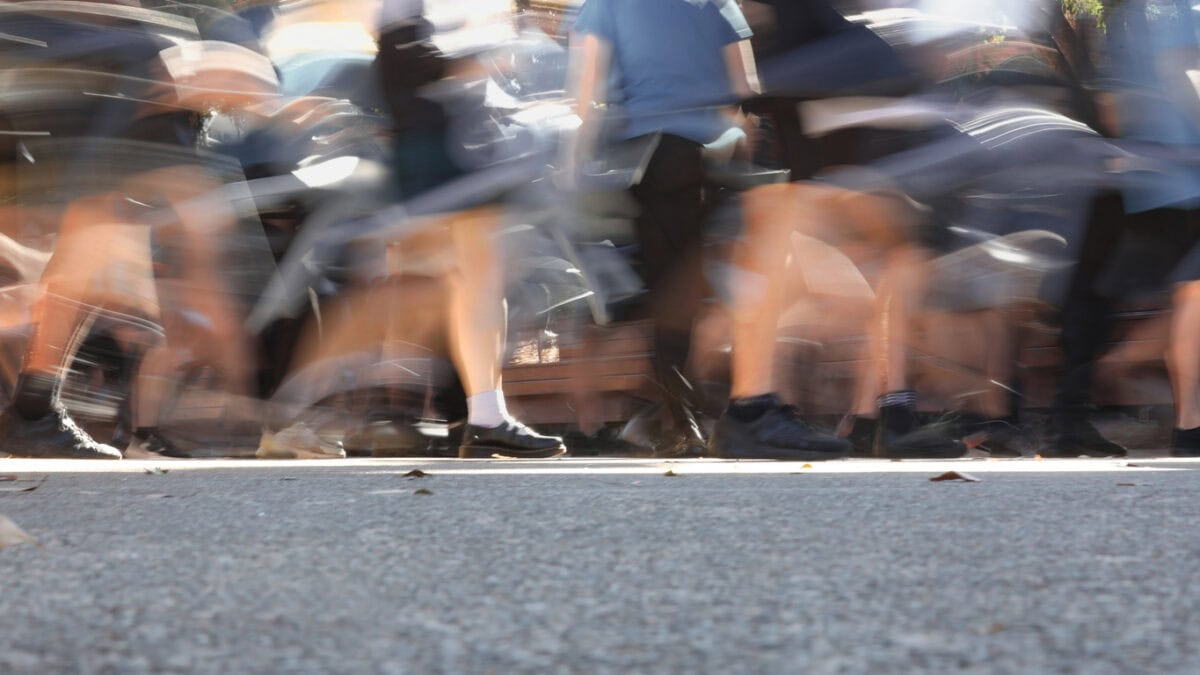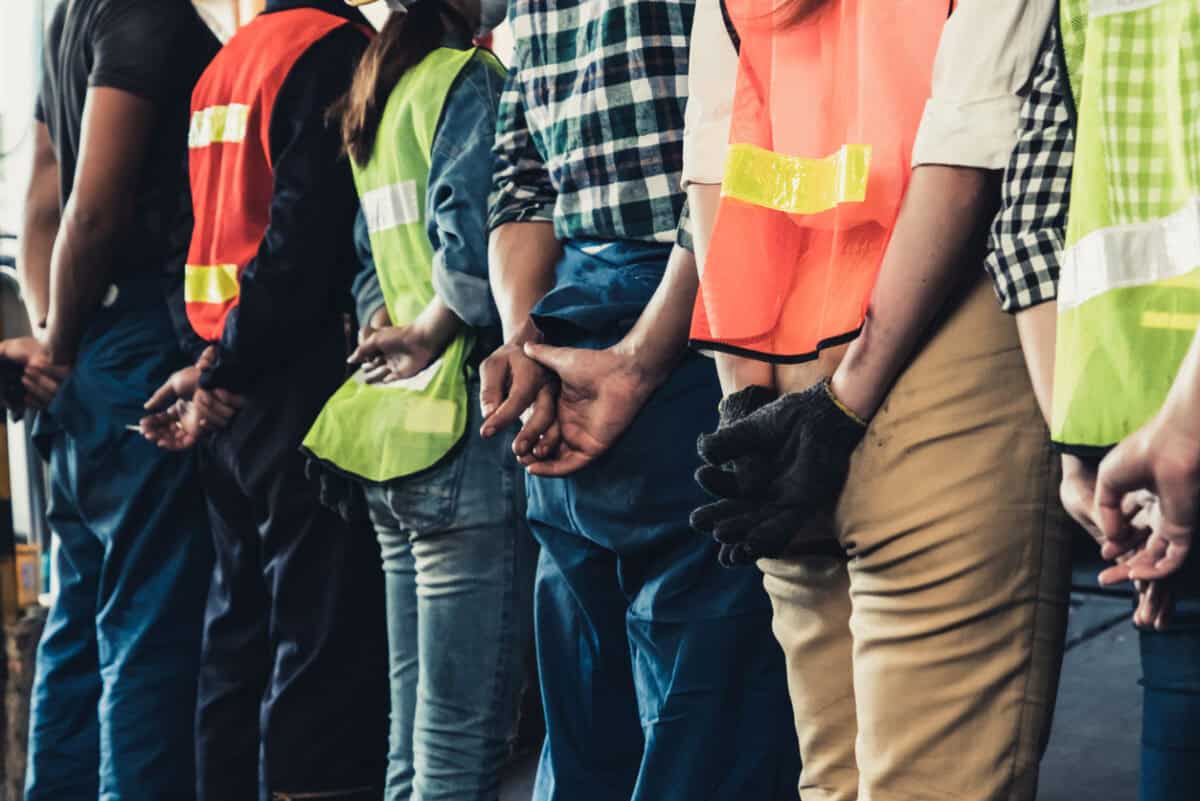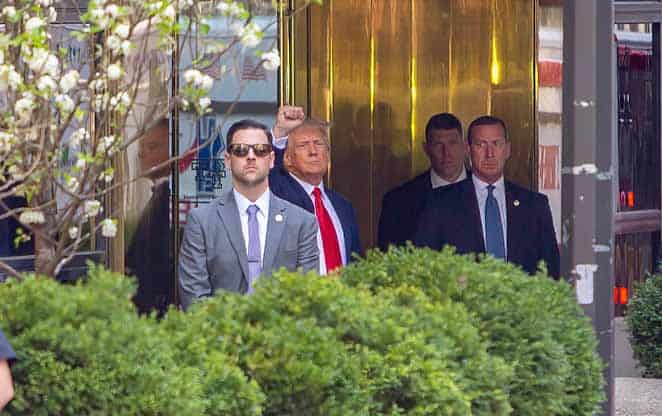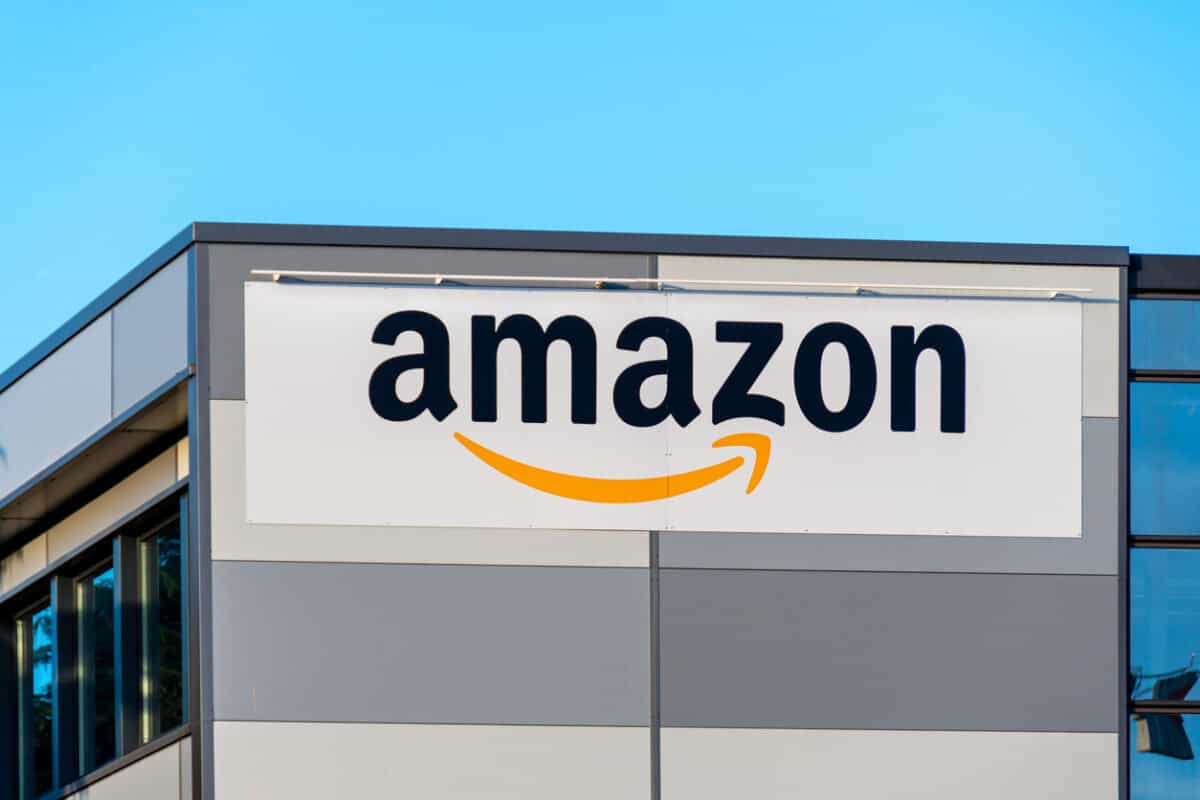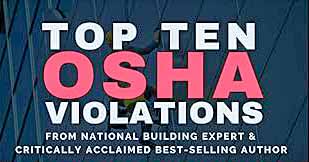We like to pretend OHS begins with a regulation or a checklist, but the truth is far less glamorous: it starts with the basic childhood lesson of “don’t hurt people.” Everything else is just the paperwork society builds around that idea. Part of that “paperwork” is the process of socialisation.
There are several definitions of socialisation:
- learning how to live in a way acceptable to one’s own society,
- interacting with others, of being social, and
- implementing socialism.
Occupational health and safety (OHS) is part of all three (the third is more debatable). Socialisation is often seen as a personal experience, but in most instances, socialisation is imposed on us.

